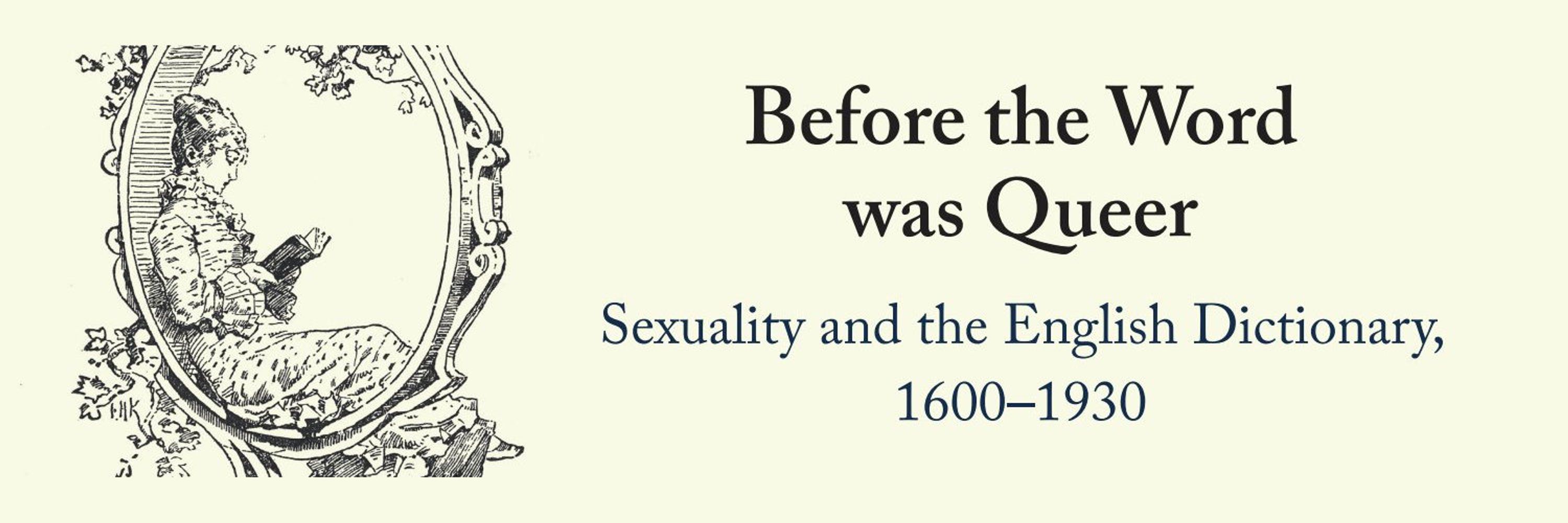



‘I should sooner fan myself with a cabbage-leaf than lay out any sum of money, in ornaments, that would buy a book.’

‘I should sooner fan myself with a cabbage-leaf than lay out any sum of money, in ornaments, that would buy a book.’
Here’s a note under SWEAT (first published in 1912) advising that the verb is ‘avoided in refined speech in the ordinary physical senses’; the preferred word is PERSPIRE.

Here’s a note under SWEAT (first published in 1912) advising that the verb is ‘avoided in refined speech in the ordinary physical senses’; the preferred word is PERSPIRE.





Thomas Dyche’s Guide to the English Tongue (1702) proved so popular that it was still being reprinted in 1821. Almost every edition had Dyche’s portrait at the front. Almost every portrait looked like it was of an entirely different person.
A curated selection:

Thomas Dyche’s Guide to the English Tongue (1702) proved so popular that it was still being reprinted in 1821. Almost every edition had Dyche’s portrait at the front. Almost every portrait looked like it was of an entirely different person.
A curated selection:


Who was trying to suppress the truth about bees?!

Who was trying to suppress the truth about bees?!
A printing-house was customarily called a ‘chapel’. Workers who committed faults in the chapel—swearing, fighting, being drunk, leaving a candle burning at night, etc.—had to pay a fine called a ‘solace’.

A printing-house was customarily called a ‘chapel’. Workers who committed faults in the chapel—swearing, fighting, being drunk, leaving a candle burning at night, etc.—had to pay a fine called a ‘solace’.


(Francis Grose, A Provincial Glossary, 1787)
Illustration courtesy of Port Meadow, Oxford.

(Francis Grose, A Provincial Glossary, 1787)
Illustration courtesy of Port Meadow, Oxford.


(Joseph Wright, The English Dialect Dictionary, 1898)
Five days late for Candlemas, but they’re still going strong in the University Parks.

(Joseph Wright, The English Dialect Dictionary, 1898)
Five days late for Candlemas, but they’re still going strong in the University Parks.

(Joseph Wright, The English Dialect Dictionary, 1900)

(Joseph Wright, The English Dialect Dictionary, 1900)
muse.jhu.edu/issue/53360

muse.jhu.edu/issue/53360
(F. K. Robinson, A Glossary of Words Used in the Neighbourhood of Whitby, 1876)

(F. K. Robinson, A Glossary of Words Used in the Neighbourhood of Whitby, 1876)
(James Orchard Halliwell, A Dictionary of Archaic and Provincial Words, 1847)

(James Orchard Halliwell, A Dictionary of Archaic and Provincial Words, 1847)


